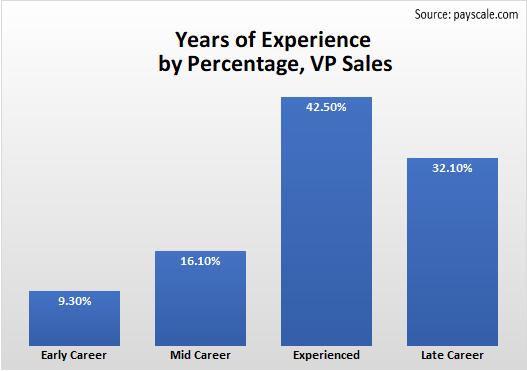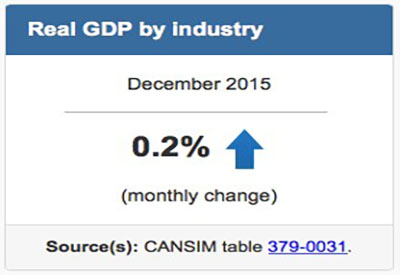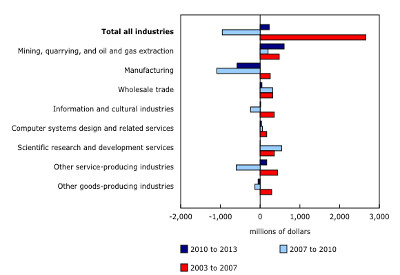Accurate Order Cycles are Critical to Effective Inventory Management

To avoid stock outs, you must reorder products when you still have enough stock remaining in inventory to satisfy customer demand during the anticipated lead time.You also might want to keep some safety stock just in case you sell more than you forecast or the replenishment shipment is delayed.The result is the “order point” formula:
Order Point = (Anticipated Lead Time * Demand/Day + Safety Stock)
Often you can’t order just one item by itself.You must place a certain size order to get the discounts or terms that allow you to competitively sell the vendor’s products.This is known as a target order requirement.An order cycle (also known as a review cycle) is the amount of time it takes for you to sell or use enough of a supplier’s products to meet the target order requirement.
We have often observed that many companies have used the same order cycles for many years.One of our clients used a 30-day order/review cycle with a major supplier because “that is the way we’ve always ordered products from that vendor.”But, after a quick analysis, we discovered that they could place an order that met the vendor’s target order requirement every 14 days.Using a 30-day order cycle was causing them to not only overstock products, but it also had a detrimental effect on customer service.That is, more out of stock situations and delays in delivering products to customers.
Overstock — because they were only placing an order with the vendor every 30 days, they had to order a minimum of a 30-day supply of each item ordered from the vendor, even if the economic order quantity (EOQ) for a particular product represents only a 14-day supply.But, they could order a 14-day supply every 14 days.Not only will this avoid overstocking (i.e., ordering a 14-day instead of a 30-day supply) butbecause EOQ is your lowest total cost quantity for an item,you will maximize your profitability.
Detrimental effect on customer service— in the above scenario, ordering a 14-day supply of a product every 30 days will not result in great customer service due to the likelihood of stock outs.What if a customer orders a non-stock or special order in this vendor line or you experience an unusually large sale of one of the vendor’s products?It might be several weeks before you can include these items on the next replenishment order you place with the vendor.The customer has to wait longer for delivery.
It is critical that you calculate and maintain accurate order cycles for each supplier.Divide your purchases from the vendor over the past 12 months (including non-stock products) by the vendor’s target order requirement.The result is the projected annual number of purchase orders you can place with the vendor.For example, you ordered $250,000 worth of material from the vendor over the past year and the vendor has a $5,000 target order requirement. You will be able to place 50 orders with the vendor each year or about one every 7 days:
$250,000 ÷ $5,000 = 50 Purchase Orders
365 Days ÷ 50 Orders = 7.3 ≈ 7 Day Order Cycle
Accurate order cycles are critical to achieving the goal of effective inventory management.In an upcoming issue, watch for an exploration of problems associated with unrealistically short order cycles.











